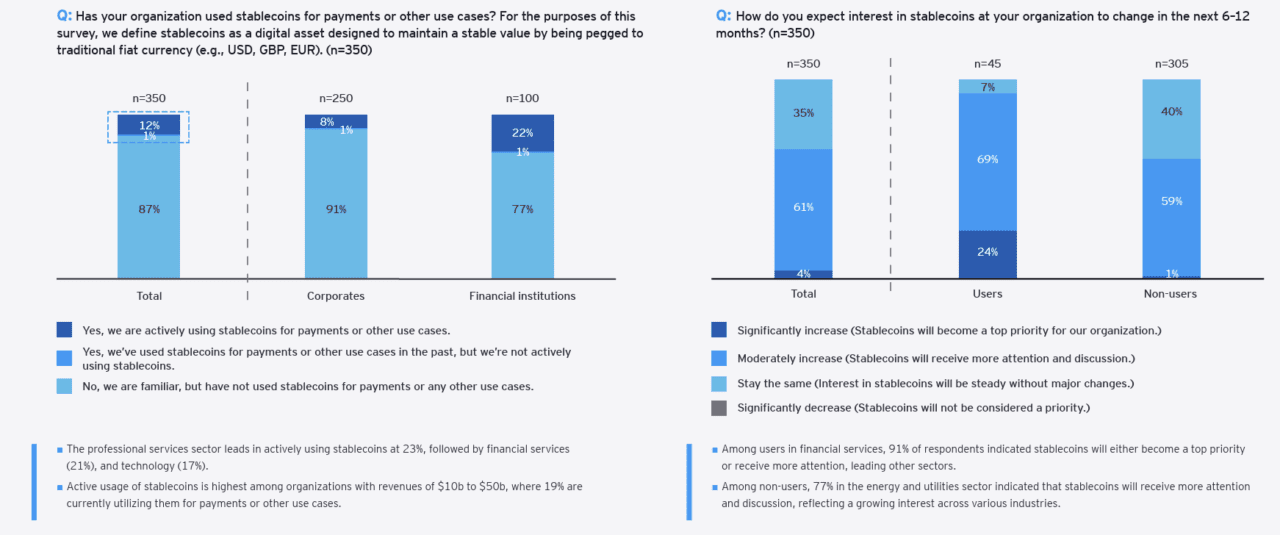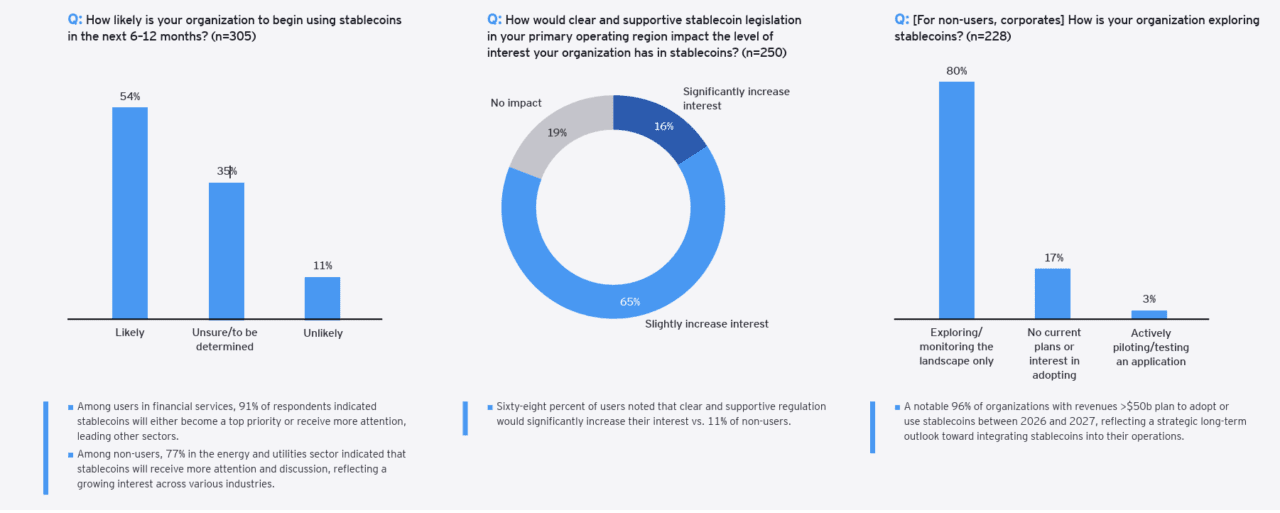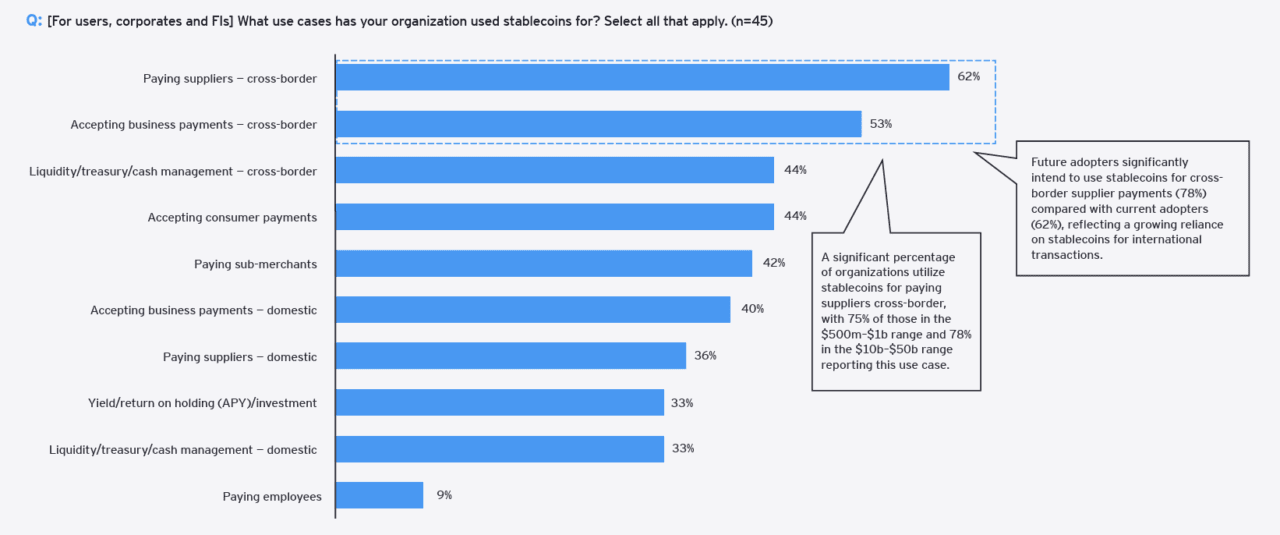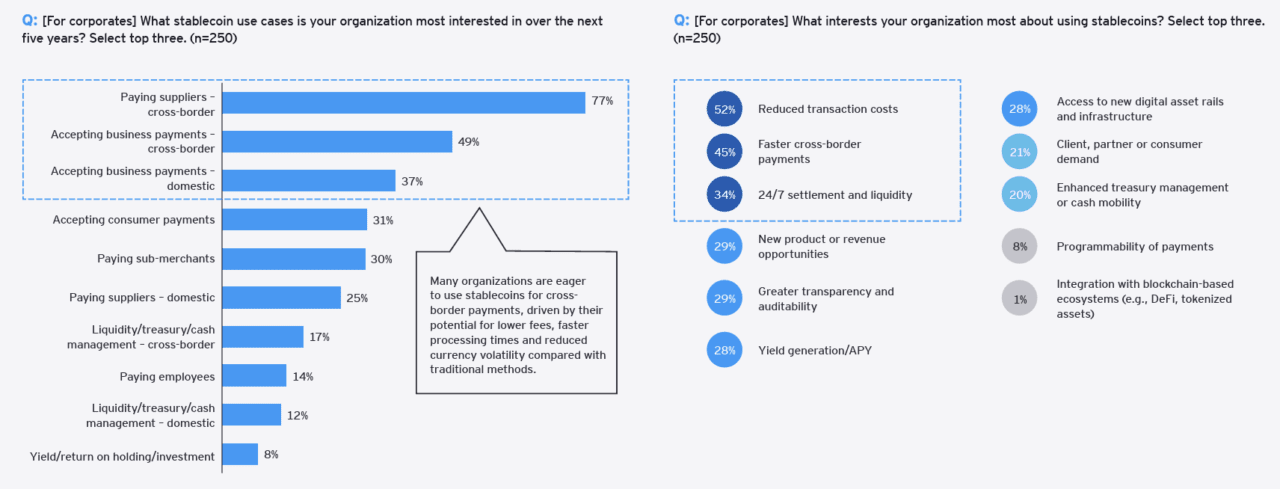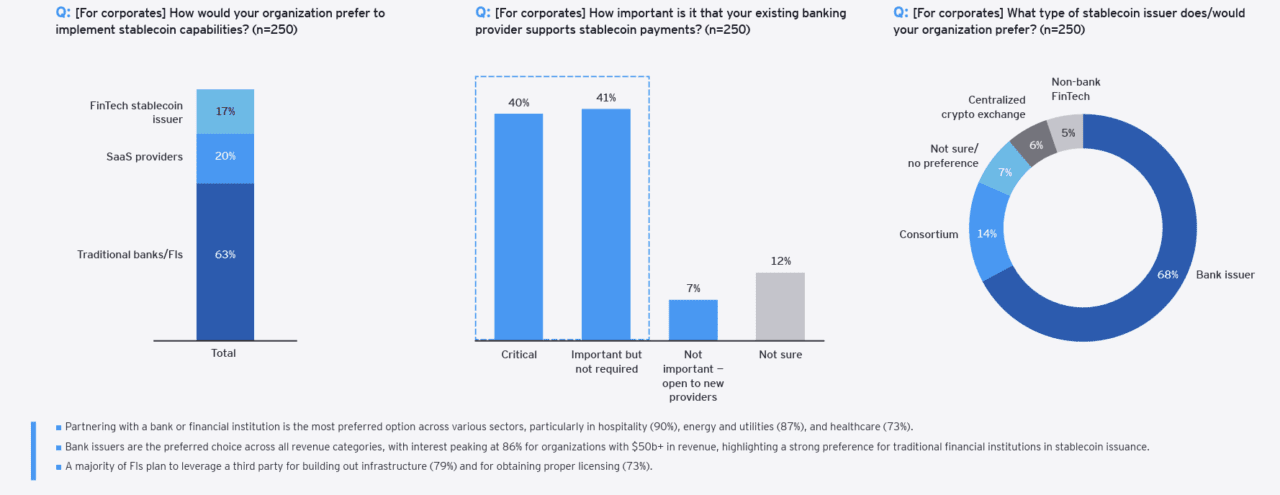
Stablecoins may have saturated headlines earlier this year, but September has marked a turning point to the industry. This month has brought four large announcements in agentic payments, demonstrating that the technology has moved from fringe to forefront.
And while the announcements speak volumes about how quickly technology developments move in fintech, it also sends seven major signals to banks and fintechs.
A preferred protocol layer emerges
Earlier this week, agentic commerce platform Circuit & Chisel landed $19.2 million to launch ATXP, a web-wide protocol. The protocol will not only position Circuit & Chisel as an orchestrator of agentic commerce, but it will also help streamline workflows and enable businesses to operate faster and more efficiently by leveraging revenue-generating autonomous agents.
The launch and growth of ATXP show the industry’s movement toward a web-wide standard for agentic payments. It also highlights how payments are shifting from app-specific functions into a common infrastructure layer.
Big Tech wants to lead
Google and PayPal made headlines last week when they announced their partnership on agentic shopping, embedded payments, payments processing, and more. The two are positioning themselves at the forefront of agentic payments and commerce and are providing developers with tools to engage in the new era of digital commerce.
The partnership between Google and PayPal shows that Big Tech wants to be at the forefront in shaping how commerce and payments flow online in the future. This early movement is a warning to players that sit back on the sidelines and wait for others to move first. Slow-moving banks and fintechs risk being relegated to backend providers unless they strategically find their own niche in the space.
Crypto and Web3 join forces with platforms
Also last week, Google announced that it is leveraging the x402 protocol within its Agent Payments Protocol (AP2) to allow AI agents to pay each other using stablecoins on Coinbase. With the ability to handle payments on behalf of their end users, agents will now be able to complete certain tasks that previously required manual oversight, such as paying for data crawls, services, or microtasks.
The launch merges crypto protocols and mainstream platforms, and is a great example of how agentic payments won’t be limited to decentralized finance environments. Instead, we’ll see agentic payments within web browsers, search, and commerce platforms.
Credit has an agentic future
After landing strategic backing from Citi Ventures earlier this month, agentic AI-powered credit data and payments platform Spinwheel plans to fuel growth, expand its agentic AI platform, build out its data sets and add new products. Additionally, Citi Ventures will advise the company on banking-specific product use cases.
This funding shows backing for the idea that consumer credit and agentic payments will be integrated in the future. It shows the breadth of potential for agents to manage payments, debt repayment, refinancing, and credit optimization.
The shift to autonomous decisioning
All four of these announcements demonstrate how payments will move from static, user-initiated tasks to autonomous, rule-driven events. To stay current, banks and fintechs will need to embed decisioning logic, risk scoring, and compliance into their payment flows.
Regulators will take notice
While regulators don’t have a lot of time (or expertise), agentic payments are sure to get their attention. These announcements around autonomous money movement have raised concerns around AML, KYC, and consumer protection issues. Firms that build compliance into agentic systems will be one step ahead in winning not only consumer trust but also regulators’ approval.
The race for standards is on
Much like open finance, the world of agentic payments will desperately need to abide by an agreed upon set of standards. Because competing protocols and ecosystems could fragment adoption, the disorganization could not only disrupt the user experience, but it could also wreak havoc on creating a clean, regulated environment. Whichever parties are involved in driving standards for payment rail interoperability will take the role that SWIFT did in shaping payments rails in the 1970s.
The ultimate question is, who will lead and who will follow?








